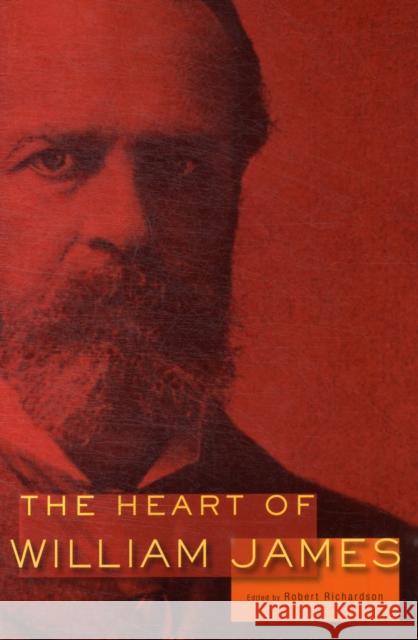Heart of William James » książka
Heart of William James
ISBN-13: 9780674065994 / Angielski / Miękka / 2012 / 342 str.
On the one hundredth anniversary of the death of William James, Robert Richardson, author of the magisterial William James: In the Maelstrom of American Modernism, assembles a wide-ranging selection of essays and writings that reveal the evolution of James's thought over time, especially as it was continually being shaped by the converging influences of psychology, philosophy, and religion throughout his life.Proceeding chronologically, the volume begins with "What Is an Emotion," James's early, notable, and still controversial argument that many of our emotions follow from (rather than cause) physical or physiological reactions. The book concludes with "The Moral Equivalent of War," one of the greatest anti-war pieces ever written, perhaps even more relevant now than when it was first published. In between, in essays on "The Dilemma of Determinism," "The Hidden Self," "Habit," and "The Will"; in chapters from The Principles of Psychology and The Varieties of Religious Experience; and in such pieces as "On a Certain Blindness in Human Beings," "What Makes a Life Significant," and "Philosophical Conceptions and Practical Results," we witness the evolution of James's philosophical thinking, his pragmatism, and his radical empiricism. Throughout, Richardson's deeply informed introductions place James's work in its proper biographical, historical, and philosophical context.In essay after essay, James calls us to live a fuller, richer, better life, to seek out and use our best energies and sympathies. As every day is the day of creation and judgment, so every age was once the new age--and as this book makes abundantly clear, William James's writings are still the gateway to many a new world.











